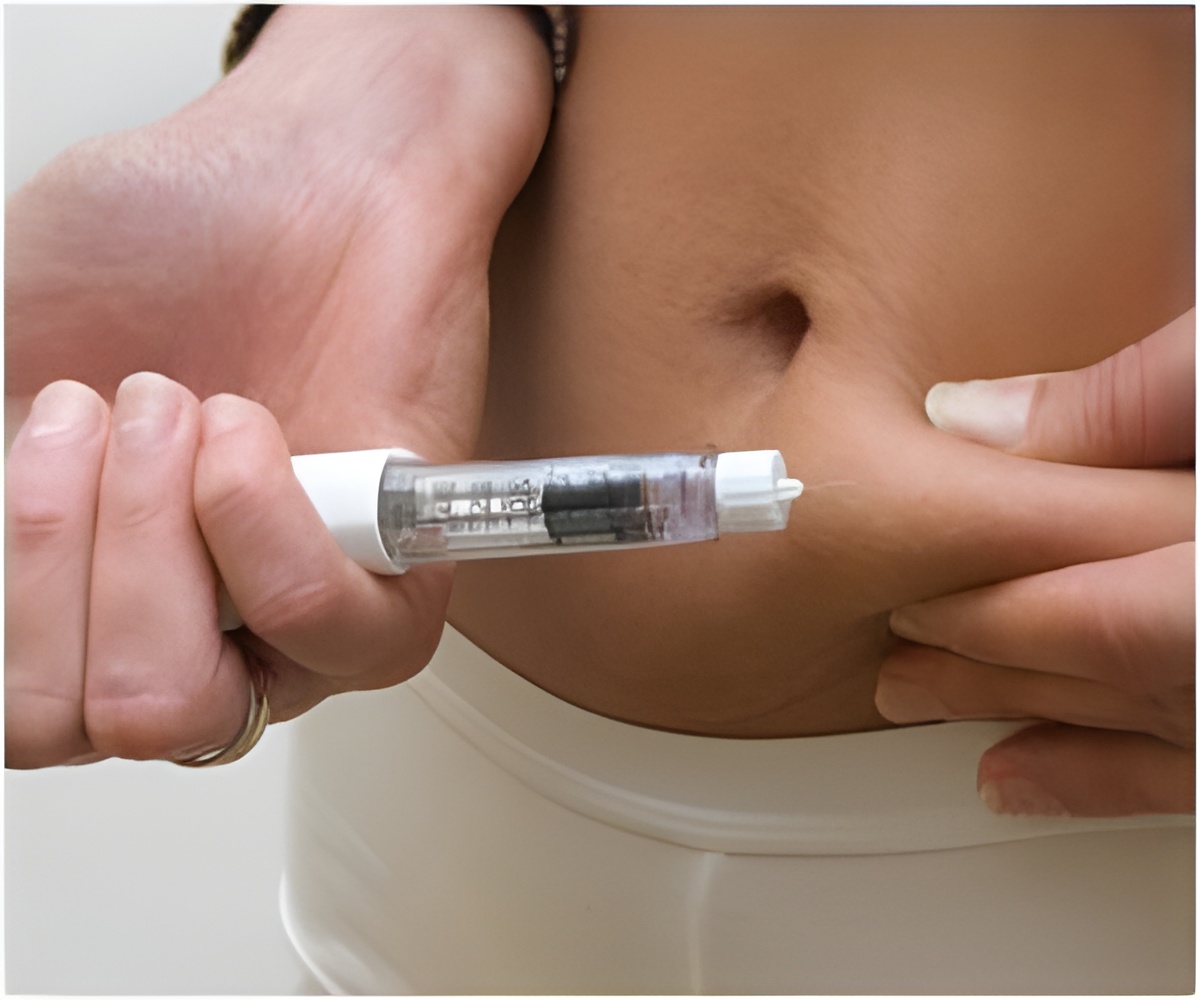
The government will invest 430 million reais ($215 million) in the project over the next five years, mostly financed by the Brazilian Development Bank, Xinhua quoted Padilha as saying.
According to Padilha, a lab in southeastern Minas Gerais state will produce the drug.
The move is part of a government strategy to increase the country's independence on drugs and medical equipment.
Since 2001, Brazil has depended on imports to provide a regular supply of insulin to diabetics as its insulin-producing lab had been sold to a foreign buyer.
"With the insulin being produced abroad, any strategic decision of a company can lead to insecurity in the insulin supply," he said, adding it would be safer for Brazilian patients to depend on insulin domestically produced.
Advertisement
Source-IANS












